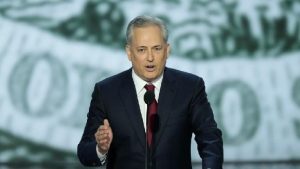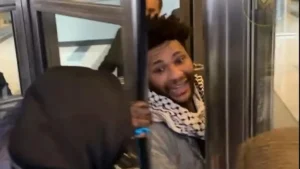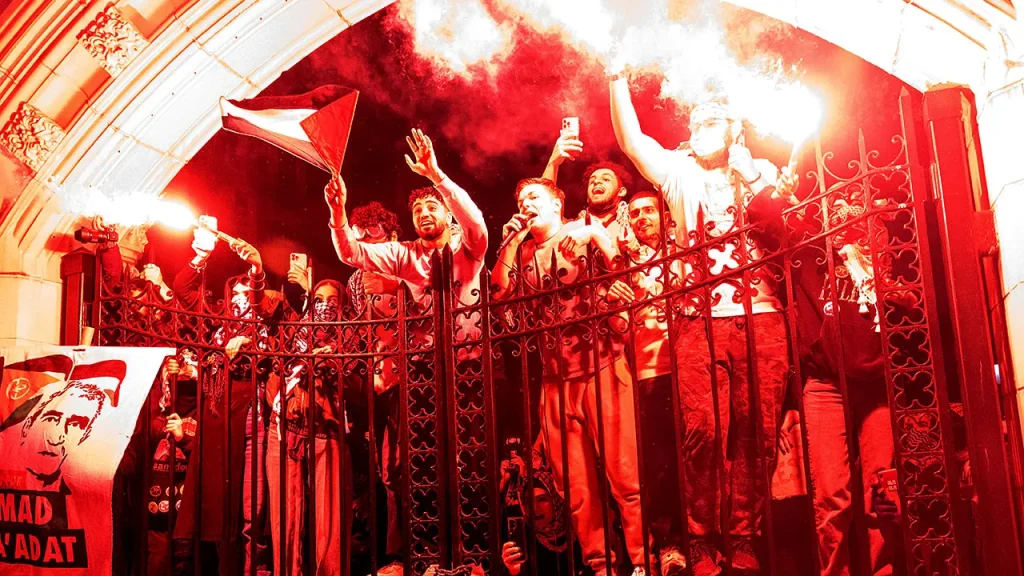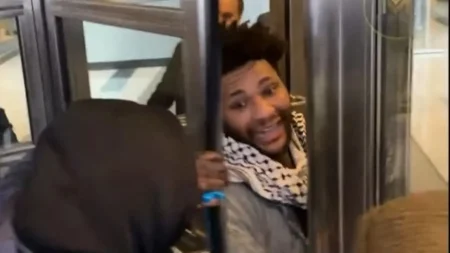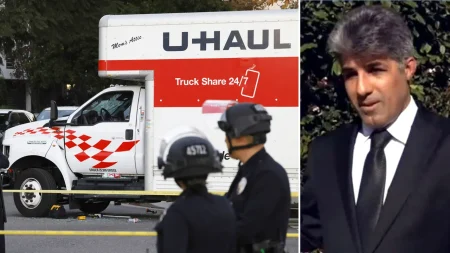The Hidden Crisis: Jewish Students Reveal Antisemitism Among University Professors
In an exclusive interview with Fox News Digital, Jewish students from several prestigious New York City universities opened up about the troubling reality they face on campus. Students from NYU, Columbia, Barnard College, and Baruch College described how certain professors have contributed to an increasingly hostile environment for Jewish students, particularly since the October 7, 2023 Hamas attack on Israel. TJ Katz of Columbia University shared that peers have reported “very disturbing things that professors have said in class,” occurring not just in Middle Eastern politics courses but across various disciplines where such discussions should have no place. According to these students, the problem extends beyond classroom comments to visible displays of anti-Israel sentiment, with some professors posting “Free Palestine” signs and “Hands Off Our Students” messages on their office doors, creating an atmosphere that many Jewish students find intimidating.
The situation has become particularly acute at Columbia University, which has experienced some of the most intense anti-Israel demonstrations among American universities. Hundreds of students and non-students have been arrested during protests that sometimes turned violent. NYU has witnessed similar, if less severe, demonstrations, including a December 2023 protest where participants called for an “intifada revolution” and claimed that “Tel Aviv is stolen land.” These events have created an environment where, as NYU student Mera Skoblo described, “a lot of us are scared.” Jewish students report hiding their identities out of fear, being screamed at, and even being blocked from accessing the library during finals week. The psychological impact is profound, with Skoblo asking poignantly, “How are we supposed to study when we hear chanting that shouts towards our destruction, makes us feel unsafe and unheard?”
When questioned about faculty influence on student activism, Baruch College student Aiden Herlinger was direct: “I think the professors definitely play a role.” The students described a pattern where professors not only express extreme views but sometimes actively encourage student participation in anti-Israel activities. Even more concerning, students feel powerless to challenge these professors due to fear of academic retaliation. As Herlinger bluntly stated, “I had professors that were antisemitic. I know students that have had professors that are antisemitic. We are put in positions where we can’t do anything about it, because it could cost us our grade.” This power dynamic creates a situation where students must choose between their academic success and standing up against what they perceive as antisemitism in the classroom.
The problem appears systemic rather than isolated. Students described professors who have yelled at Jewish students or failed to support them during times of heightened tension. Shoshana Aufzien of Barnard College suggested a straightforward but potentially controversial solution: “We need to extricate extremists from the classroom, do departmental audits.” Her proposal highlights the growing frustration among Jewish students who feel that universities are not taking meaningful action to address antisemitism among faculty members. The students emphasized that while antisemitism has long existed on college campuses, the post-October 7th environment has seen a troubling intensification, with professors sometimes contributing to or condoning behavior that makes Jewish students feel unsafe.
Perhaps most concerning is the apparent lack of accountability. When asked what consequences these professors might face for their alleged behavior, Herlinger was pessimistic: “They’re not going to face any consequences, especially in a school like Baruch that’s a public school, and it’s funded by the New York State government, and New York City government.” This perception of institutional protection for problematic faculty behavior adds to the sense of helplessness expressed by many Jewish students. Without meaningful accountability measures, students fear that antisemitic attitudes among some faculty members will continue unchecked, further deteriorating the campus climate for Jewish students.
The testimonies of these students shine a light on a disturbing aspect of campus life that often remains hidden from public view. While much media attention has focused on student protests and demonstrations, less attention has been paid to the role that faculty members may play in creating or exacerbating antisemitic environments. As universities across the country grapple with questions of free speech, academic freedom, and creating inclusive learning environments, the experiences of these Jewish students highlight the complex challenges ahead. Their stories suggest that addressing antisemitism on campus may require not just policies aimed at student conduct, but also a serious examination of faculty behavior and its impact on vulnerable student populations. For these Jewish students, the path forward remains uncertain, but their willingness to speak out represents an important step in bringing these hidden dynamics to light.
